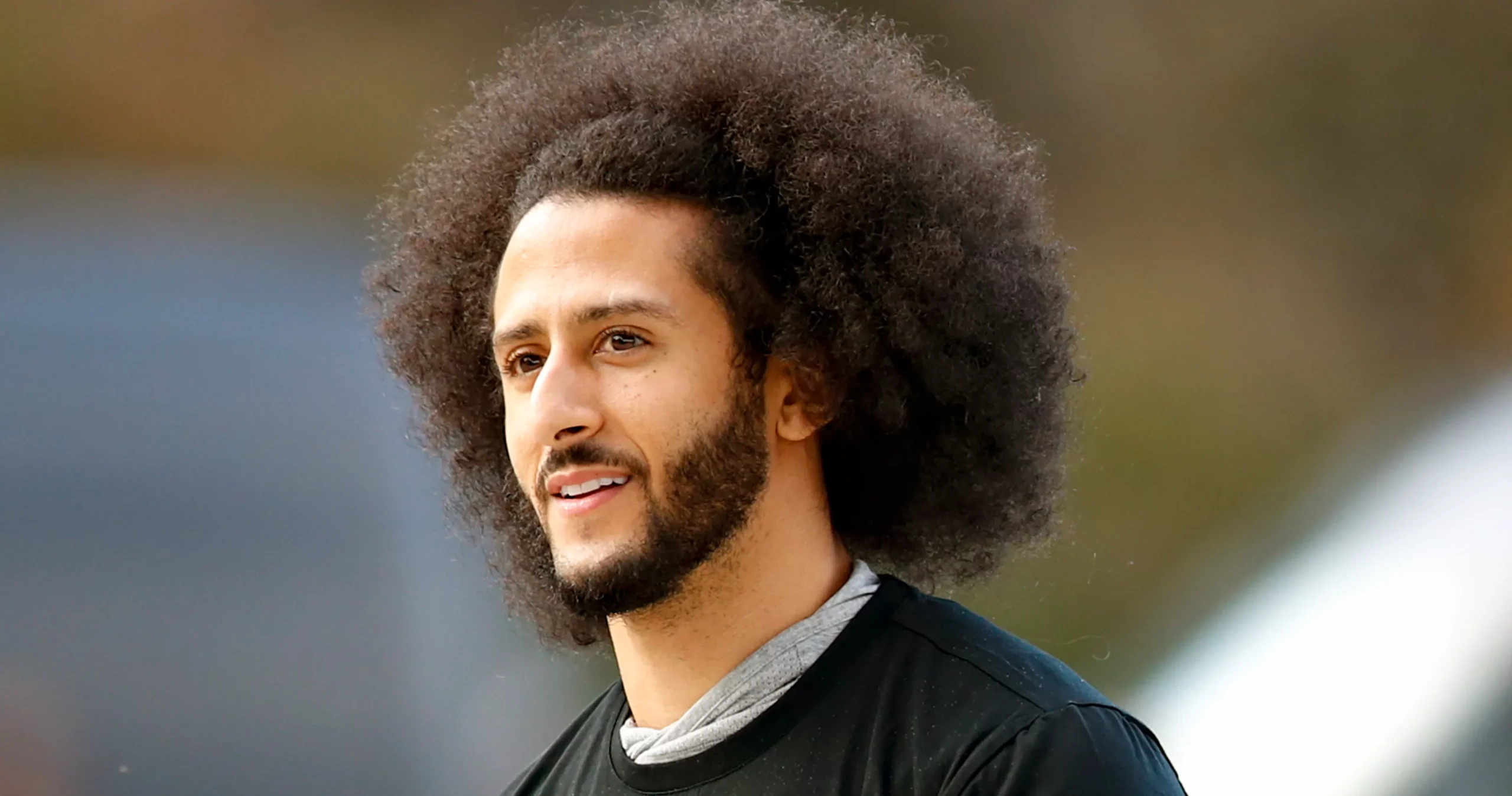Introduction
In the world of sports, few figures are as iconic and influential as baseball legends. When one of these legends decides to speak out on a subject that transcends their sport, it invariably garners attention, both near and far. Recently, a prominent baseball icon made headlines by expressing strong opinions about former NFL quarterback Colin Kaepernick and his activism. The ensuing global response serves as a reminder of the intersection between sports, politics, and society at large.
The Baseball Icon’s Critique
The baseball icon, renowned for their achievements on the field, did not hold back in their critique of Colin Kaepernick’s kneeling protest during the national anthem. They argued that sports should be an apolitical space and that Kaepernick’s actions were disrespectful to the flag and the country. This stance resonated with some who share similar views, particularly within the sports world. However, it ignited a debate that extended far beyond the realm of sports.
Global Reactions
- Support for Kaepernick: On one side of the spectrum, many individuals, athletes, and public figures expressed unwavering support for Colin Kaepernick. They hailed him as a brave trailblazer who used his platform to draw attention to issues of racial inequality and police brutality. Some saw his protest as a courageous act that transcended sports, emphasizing the importance of athletes taking a stand on social issues.
- Free Speech and Freedom of Expression: The debate over Kaepernick’s protest and the baseball icon’s critique highlighted the broader discussion of free speech and the right to protest. People around the world weighed in on the importance of these fundamental rights, often citing Kaepernick’s actions as a prime example of using one’s voice to raise awareness and demand change.
- Athlete Activism: The global response also underscored the growing trend of athlete activism. Athletes from various sports and countries shared their experiences with activism, demonstrating that sports figures are increasingly using their platforms to address social and political issues that matter to them.
- Dialogue and Understanding: Amid the polarizing opinions, there were calls for constructive dialogue and understanding. Some saw the situation as an opportunity to bridge the divide, fostering conversations about race, inequality, and the role of sports in society.
Conclusion
The global response to the baseball icon’s critique of Colin Kaepernick serves as a powerful reminder of the significant role that athletes and sports figures play in shaping public discourse. Sports have the potential to transcend borders and ignite conversations on important social and political issues. While opinions may differ, this dialogue is a testament to the power of free speech and the capacity of sports to drive meaningful change in the world. As the conversation continues, it remains to be seen how the relationship between sports and activism will evolve in the future.

